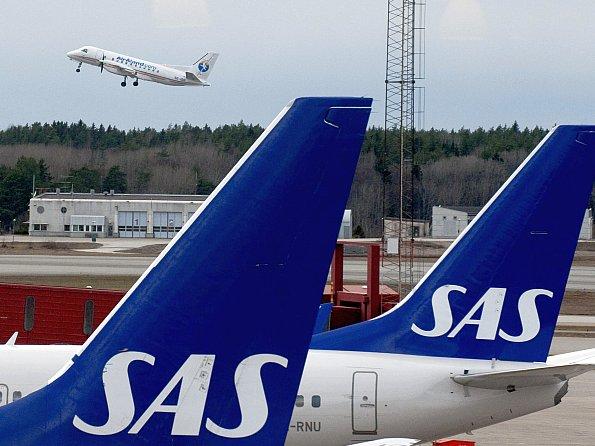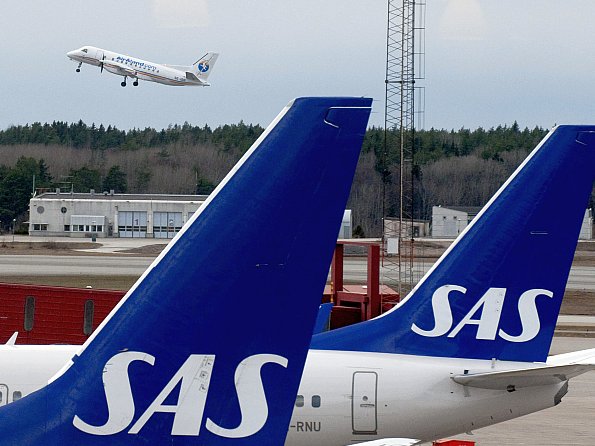GOTHENBURG, Sweden—The flight staff at Scandinavian Airline Systems (SAS) received a grim ultimatum: quickly agree to lower wages and longer hours, or the company will be forced to file for bankruptcy.
This unprecedented move was quickly dubbed “Dirty Harry tactics” by Nordic media, after the famous hard-boiled and uncompromising Clint Eastwood movie character. It has received massive media attention in Nordic countries, where unions are strong and labor markets are heavily regulated.
Chief negotiator Niklas Hjert of Swedish labor union Unionen says that on Nov. 12, all SAS flight staff received an email outlining the new conditions. It was presented as a done deal, although no negotiations had taken place. The package included lower wages, longer hours, and higher retirement age.
The unions had seven days to accept it wholesale, or the company would file for bankruptcy, since it could no longer pay off its loans, according to the email.
“They hired so-called ‘coaches,’ who went around telling individual workers that the conditions were great, and they had all better accept them,” Hjert said.
“That was the most remarkable part of the whole way they handled the situation,” he added.
SAS, a venerable but financially troubled airline company, partly owned by the Swedish, Danish, and Norwegian states, had previously informed unions that changes were underway. Unionen, which has 2,000 members among the Swedish SAS flight staff, contacted company management and the Swedish government for negotiations, according to Hjert.
“The way it looked to me, they waited until the media started picking up on it, and only then did they invite us to negotiations,” he said. “They chose to wait until the very last minute.”
But these negotiations were a foregone conclusion: Accept the entire package deal, or the company is no more.
In Sweden, management and unions usually negotiate wages; the government rarely interferes, at least compared to most other countries, according to Anders Kjellberg, professor of sociology and labor market expert at Lund University.
But in this case, the government took an active part in lowering the wages for employees of an individual company. Lowered wages are almost unheard of in postwar Sweden.
“Part of the Swedish model is that the government stays in the background. In this case, they were very active, and they wore three different hats,” Kjellberg said, referring to how the Swedish state owns 21 percent of SAS, guarantees its loans, and also owns a large part of the bank Nordea, one of the major loan-providers who pushed SAS to issue the ultimatum.
“The government usually does not take an active part in the way companies are run, or how wages are set—not even in fully state-owned companies—so this is totally unique,” Kjellberg said.
All unions eventually relented, and the company was saved, at least temporarily. However, there has been much discussion in Swedish media in the aftermath of the one-week ultimatum, and some fear that other companies will now follow suit, which would lead to a complete revision of the Swedish model.
Kjellberg does not believe in a contagion effect, however.
“I’m sure that if employers in other sectors would try something like this, they would face much harder resistance from the unions,” he said.
Hjert also does not give much credence to the idea of the “Dirty Harry” tactics becoming commonplace.
“I think other companies have seen that it is not good for their reputation and brand name to attempt something like this,” he said.
The Epoch Times publishes in 35 countries and in 19 languages. Subscribe to our e-newsletter.




